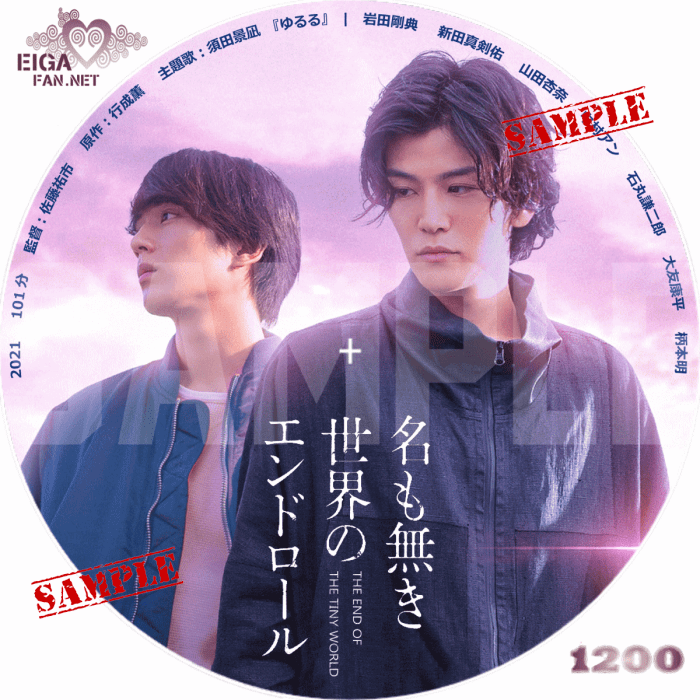What does nomu mean in japanese – Embarking on a journey to unravel the multifaceted meaning of “Nomu” in Japanese, we delve into its historical roots, linguistic evolution, and profound cultural significance. From its origins to its diverse applications, “Nomu” holds a captivating place in the tapestry of Japanese language and tradition.
Tracing the etymology of “Nomu,” we uncover its literal interpretation and the fascinating ways it has been employed in various contexts throughout history. The term’s semantic evolution mirrors the dynamism of Japanese society, reflecting changing social norms and cultural practices.
Etymology and Origin
The term “Nomu” in Japanese derives from the verb “nomu” (飲む), meaning “to drink”. Historically, the term was used to refer to any type of beverage consumed orally, including water, sake, tea, and other liquids.
Over time, the usage of “Nomu” evolved to specifically refer to alcoholic beverages, particularly sake. This shift in meaning is attributed to the cultural significance of sake in Japanese society, where it holds a central role in social gatherings, rituals, and celebrations.
Types of Nomu

Sake
- A traditional Japanese alcoholic beverage made from fermented rice
- Various types exist, including Junmai-shu, Ginjo-shu, and Daiginjo-shu
- Served warm or cold, depending on the type and occasion
Shochu
- A distilled spirit made from various ingredients, such as barley, sweet potato, or rice
- Higher alcohol content than sake
- Often consumed with water or on the rocks
Umeshu, What does nomu mean in japanese
- A liqueur made by steeping ume (Japanese apricots) in alcohol
- Sweet and tart flavor
- Popular as a digestif or aperitif
Cultural Significance

Nomu plays a significant role in Japanese culture and tradition.
- Used in religious ceremonies and rituals, such as Shinto festivals and tea ceremonies
- Central to social gatherings and celebrations, where it fosters camaraderie and strengthens bonds
- Associated with hospitality and generosity, as it is customary to offer nomu to guests
Modern Usage: What Does Nomu Mean In Japanese

In contemporary Japanese language, “Nomu” is commonly used in slang and colloquialisms.
- “Nomikai” (飲み会): A social gathering centered around drinking
- “Nomu tomo” (飲み友): A drinking buddy
- “Nomu houdai” (飲み放題): An all-you-can-drink package
The usage of “Nomu” has evolved to encompass a wide range of social contexts, reflecting its deep-rooted significance in Japanese culture.
Detailed FAQs
What is the literal meaning of “Nomu” in Japanese?
The term “Nomu” literally translates to “to drink” in Japanese.
How has the usage of “Nomu” evolved over time?
The usage of “Nomu” has evolved from its literal meaning to encompass a wide range of contexts, including social drinking, ritualistic ceremonies, and even as a slang term.
What are the different types of “Nomu” in Japanese culture?
Japanese culture recognizes various types of “Nomu,” each with its unique characteristics and purpose, such as sake, shochu, and beer.